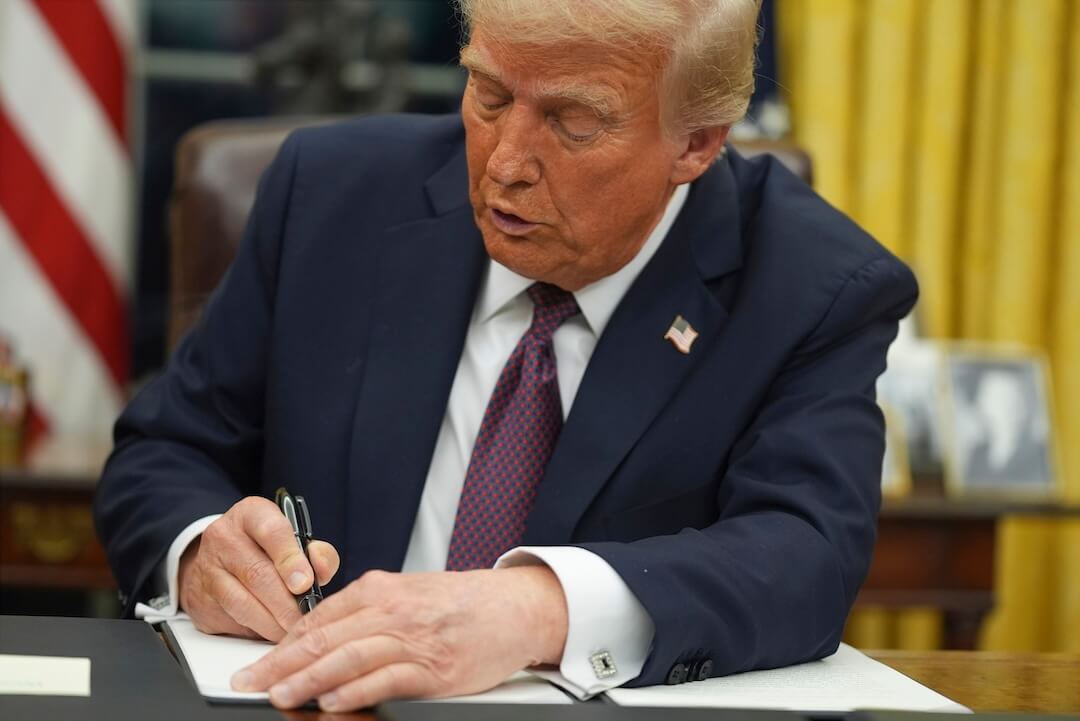Even the broadest global issue can be examined through a local lens. When reporters gathered to cover the 2012 NATO and G8 summit meetings in Chicago, they captured the the immediate local impact of globalization. But the effects of globalization are broader and more subtle than a few days’ disruption of traffic and daily routines.
Everything from food prices to the availability of mortgage loans to energy prices is touched by events occurring thousands of miles from where U.S. journalists live and work. Helping people understand how global issues affect them is a critical task for journalists everywhere.
With broad, complicated issues, it can be tough to know where to start. Here are five suggestions.
Show how agriculture and foreign trade affect local wallets
Is your state an agricultural powerhouse? Is your town a manufacturing center? Local farmers, factories and consumers can all be affected by world events.
The U.S. Department of Agriculture’s Foreign Agricultural Service and the World Trade Organization’s “Media Newsroom” are great places to start your research on international trade, food prices and other stories tied to agriculture or manufacturing.
Highlight local connections to world events
One way to bring global events home and highlight the diversity of your community is to attach a local name and fact to an international news story. Find an immigrant or longtime local resident with ties to a country that is in the news.
Interview Syrian expats about the ongoing uprising there, or a Cuban-American about changes in the relationship between the U.S. and Cuba. Your new source might be able to link you to sources in the “old country;” if not, try to find a source through Global Voices, an international community of bloggers and citizen journalists.
Pack your bags, see the world — and report on It
Reporting on world events is fascinating, but nothing aids a journalist’s understanding or broadens perspective more than being there. Cash-strapped newsrooms may find it hard to justify sending a staffer abroad, but there are some resources that can help with the cost.
The Pulitzer Center and the International Reporting Project help journalists travel the world to produce stories about human rights issues, global health, war-torn countries and more.
Examine the military’s impact on your community
Is your community home to a military base? Is there a large number of service members, military families or veterans in your audience? Military bases play a key role in their local economies, and their service men and women take part in campaigns that influence events around the world.
Search Military.com for articles and blogs that highlight topics of interest to your audience. You can also check out Poynter NewsU’s Resources for Covering Veterans’ Issues resource page for additional resources on veterans and the military.
Take advantage of summits, conventions
Summits where international issues are discussed attract protesters, demonstrators and increased security to deal with both the world leaders attending and the public attention that surrounds them.
Journalists in communities that host such events have dozens of story angles to choose from. How are the police, hospitals and security professionals preparing for the event? Are local schools planning any special study focused around the summit? Why are people protesting? These are questions that would also be good to ask in preparation for the Republican and Democratic national conventions.
For additional resources, check out the Student Press Law Center’s site, which offers sound advice for any journalist covering a protest or demonstration.
Poynter NewsU’s Resources for Reporting on Globalization page offers more tips, links and sources of information. The page is an outgrowth of the Specialized Reporting Institute hosted by the Chicago Council on Global Affairs, DePaul University and The Poynter Institute earlier this year, and funded by the Robert R. McCormick Foundation.





